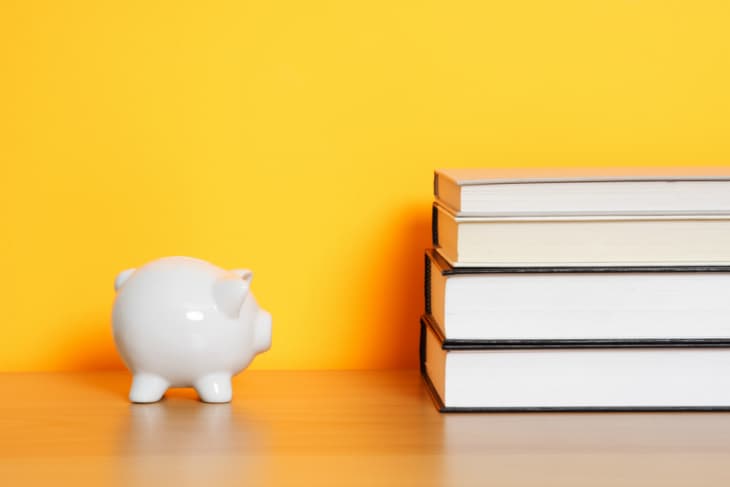Why Paying Off This Common Debt Can Surprisingly Lower Your Credit Score

High-five, you did it! You paid off your student loans. While it takes a lot of financial discipline to get that balance to $0, your credit score unfortunately won’t be celebrating alongside you. In fact, after you pay off your student loans, you’ll probably see a slight drop in your credit score.
Go ahead and file that in the “No fair, what gives?” category along with the fact that your credit will take a hit if you buy a house.
So, why does paying off your student loans, a mighty financial feat, cause your credit to drop?
For starters, student loans typically have long repayment periods, so, while the accounts are open, they are helping age your credit.
“Your credit score may take a hit when you pay off an account because it lowers the average age of your accounts,” explains Randall Yates, the founder and CEO of The Lenders Network, an online mortgage marketplace. “This is especially true if the student loan was one of your older accounts. If it was, you could see a drop of 10 to 15 points.”
Having a mix of credit makes up 10 percent of your overall score. A healthy mix of credit means you have revolving accounts (think: credit cards) and installment accounts (think: student loans, car payments). So, if that student loan was the only installment loan you had open, Yates says, your score could take an even bigger hit.
That’s to say that having other accounts open, like credit cards, a mortgage, or a car loan, could help buffer the score drop that could occur once your student loans are paid off, says Brianna McGurran, a personal finance expert for NerdWallet, a personal finance site.
“As long as you made all of your payments on time, a closed student loan account won’t have a negative effect on your score forever, and the drop will likely be small,” she says.
The intersection of credit and student loans is a big deal for millennials. Student loan debt in the United States has now reached $1.34 trillion, and is higher than aggregate credit card debt.
A new study from Apartment List found that nine out of 10 millennial renters want to purchase a home, but fewer than five percent say they’ll actually be able to afford to do so in the next year. Student debt is keeping homeownership out of reach for many millennials. The analysis found that 23 percent of college graduates without student debt can save enough for a down payment within the next five years, compared to just 12 percent of graduates who are paying back student loans.
Paying off your student loans, of course, is a positive financial move, McGurran says. Without making those monthly payments, you’ll have more money to save for a downpayment (or whatever else you want to earmark that money for).
Plus, McGurran points out, lenders and card issuers take into account your debt-to-income ratio when deciding to approve you. With those student loans paid off, your debt-to-income ratio will be lower, which is great for your credit profile.
If your FICO score did take a hit, and you’re looking to build it back up as fast as you can, you might consider using a credit card in a responsible way to boost it, suggests David Green, chief product officer at Earnest, a student loan refinance company. The best way to accomplish this is to always pay off your balance in full each month, and keep the account open even if you’re not using it every month, he says.
That’s a lot easier than going back to school and taking out more student loans, right?